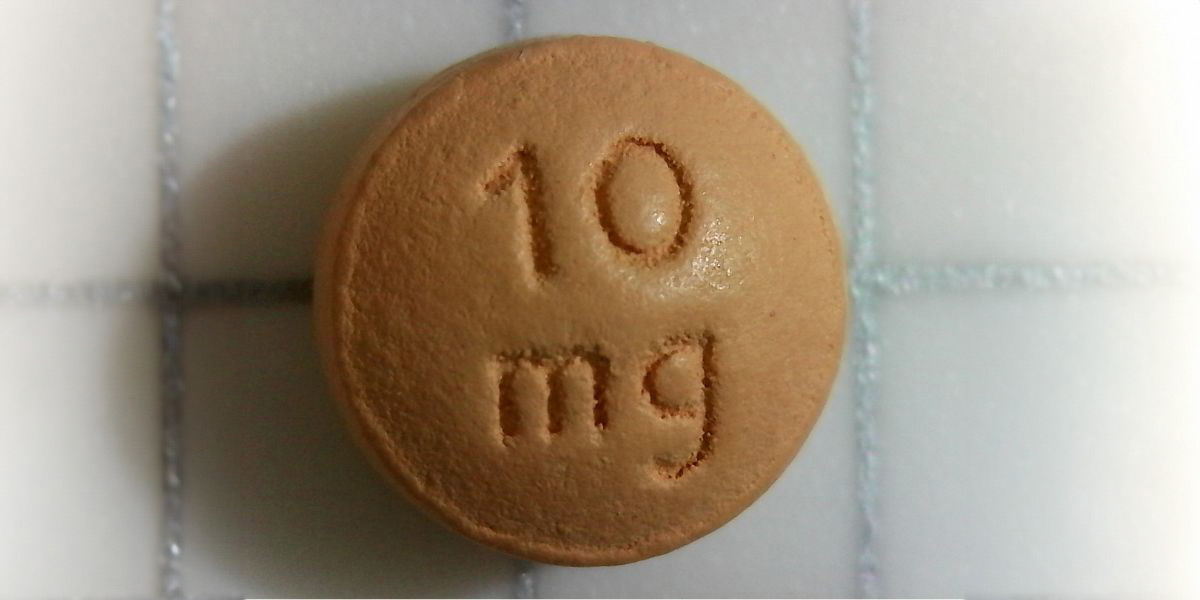Morphine Addiction: Symptoms and Side Effects


Morphine, recognized as one of the most potent and oldest painkillers, is also highly addictive. It has been a prescribed medication for decades to alleviate pain, with numerous accounts documenting its addiction potential over time. Despite advancements in pharmaceuticals making morphine more accessible and manageable, its addictive nature remains unchanged.
Morphine effectively manages pain, but it can also be misused, leading to addiction. Without proper intervention, morphine addiction can turn into a lifelong battle. Understanding the addiction risks and exploring the available treatments to combat abuse is crucial.
What Is Morphine?
Morphine, sourced from the poppy plant, stands out as a highly potent opiate pain reliever. Often, the medication of choice for treating intense, chronic, or cancer-associated pain.
In the United States, morphine holds a Schedule II classification, denoting its high potential for addiction despite recognized medical uses. It dispenses in several forms, such as tablets, capsules, oral solutions, and liquids. The significant risk of addiction associated with morphine, alongside its intense and troubling withdrawal symptoms, highlights the importance of its careful administration.
Morphine Addiction
Morphine carries a high risk of addiction, with dependency potentially developing in under 30 days. People adhering strictly to prescribed guidelines can still find themselves addicted to the medication.
Treating chronic pain requires ongoing care. Using morphine for a long time can cause tolerance, which means that higher doses are needed for the same pain relief. Such escalation in dose heightens the risk of dependency and the potential for an opioid use disorder.
Using morphine for a long time can change the brain, leading to addiction and health problems. Withdrawal symptoms can be extremely intense. Some people keep using it just to avoid these effects.

How Long Does Morphine Stay in Your System?
The duration that morphine remains in the system varies for each person and is influenced by multiple factors. Even after its effects are no longer felt, morphine can still reside in the body.
The time it takes for morphine to exit the body is influenced by various elements, such as:
- Age
- Body weight
- Genetic makeup
- Dosage consumed
- Duration of use
- Method of ingestion (whether swallowed, snorted, smoked, or injected)
- Presence of other health conditions or substance use disorders
- Other medications in the person’s system
- Alcohol consumption
To manage chronic pain, you must take morphine regularly and frequently. This can cause the drug to accumulate in the body and stay in the system for a more extended period. Morphine remains in the body even after its effects have subsided, and it applies to both therapeutic and recreational use.
Typically, a single dose of morphine exits the body within 12 hours. However, its detectability duration may extend depending on the type of test used to trace it.
Below is an overview of the detection windows for morphine across various drug testing methods:
- Blood test: up to 12 hours
- Urine test: up to 3 days
- Saliva test: up to 4 days
- Hair strand test: up to 90 days
You must wait to eliminate morphine from your body. Drinking lots of water, using detox kits, or other quick fixes won’t speed up the process of removing the drug from your body. Crucially, suddenly stopping morphine use or trying to force rapid withdrawal can lead to severe and detrimental side effects.
Morphine Side Effects
People who misuse morphine may experience severe side effects. This can happen by taking too much, using it without a prescription, or using it in ways other than directed. Some examples include snorting, smoking, or injecting the drug. These actions can lead to unpredictable consequences.
The potential side effects of morphine encompass a range of symptoms, including:
- A sense of calmness
- Extreme happiness
- Improved mental state
- Warmth throughout the body
- Mouth dryness
- Drowsiness
- Feeling of sickness
- Heartbeat alterations
- Hives
- Itching
- Skin rash
- Constricted pupils
- Swallowing difficulties
- Respiratory issues
- Lightheadedness
- Pain in the chest
- Stomach cramps
- Diarrhea
- Constipation
Call 911 immediately if you believe the side effects are life-threatening or you are experiencing an overdose.

Morphine Addiction Symptoms
Morphine addiction can arise swiftly, leading to changes in mental, behavioral, and physical states. It shows up as a strong need for a substance, both physically and mentally. This means feeling like you must keep using it even if it’s causing harm.
Symptoms of morphine addiction include a variety of signs and behaviors, such as:
- Depleting prescription supplies prematurely
- Soliciting prescriptions from friends and family
- Doctor shopping to obtain additional prescriptions
- Concealing or lying about the frequency of substance use
- Experiencing mood swings
- Encountering confusion and concentration difficulties
- Undergoing weight loss
- Facing financial issues
- Encountering problems at work
- Experiencing sexual dysfunction
- Altering sleep patterns
- Neglecting personal hygiene
- Losing interest in previously enjoyed activities
- Suffering from depression and chronic fatigue
- Experiencing memory lapses
- Having recurrent respiratory issues
- Possessing drug paraphernalia related to morphine use, such as for snorting, smoking, or injecting
- Intense cravings
- Finding it impossible to stop morphine use
- Exhibiting withdrawal symptoms upon cessation
Morphine Addiction Treatment at White Oak Recovery Center
If you are struggling with chronic pain or feeling overwhelmed by morphine addiction, know that you are not alone. Overcoming addiction is possible.
At White Oak Recovery Center, we create personalized treatment programs for each patient. We begin with on-site medical detox to ensure a safe withdrawal process. This is followed by comprehensive treatment and care plans aimed at addressing the underlying causes of your addiction.
Our licensed and experienced WORC team is deeply committed to assisting you in attaining sustained recovery. Your journey towards a drug-free life is just a phone call away. Contact us now to speak with one of our compassionate treatment specialists.

Am I covered for addiction treatment?
Your insurance may cover treatment. Call now for an entirely free and confidential assessment. Recovery starts with a phone call.

- “Morphine.” National Institute of Diabetes and Digestive and Kidney Diseases, Nov. 2020.
- Zeng, Xian-Si, et al., “Morphine Addiction and Oxidative Stress: The potential Effects of Thioredoxin-1.” Front. Pharmacol., Feb. 2020.
- Woller, Sarah, A., et al., “Analgesia or Addiction?: Implications for Morphine Use after Spinal Cord Injury.” Journal of Neurotrauma, May 2012.
- “Morphine.” MedlinePlus: National Library of Medicine (US), Jul. 2020.
Medical Disclaimer:







